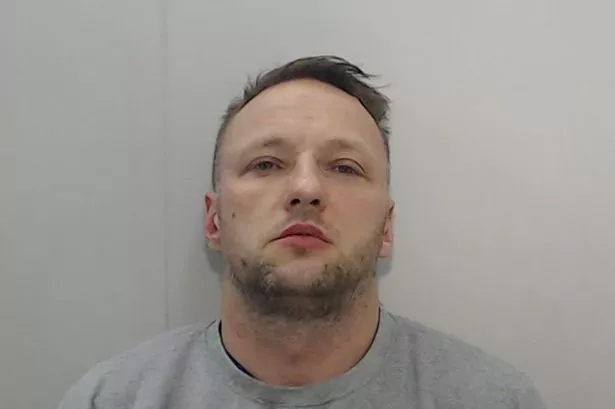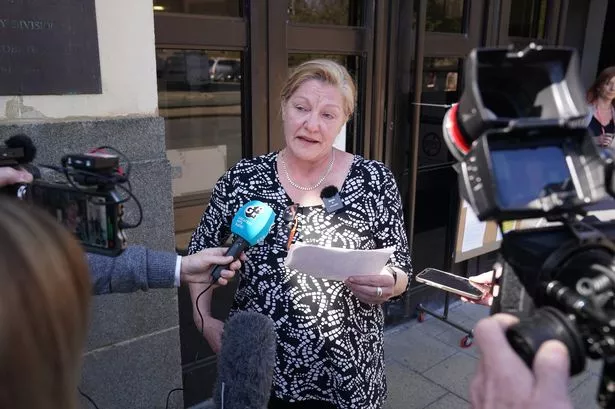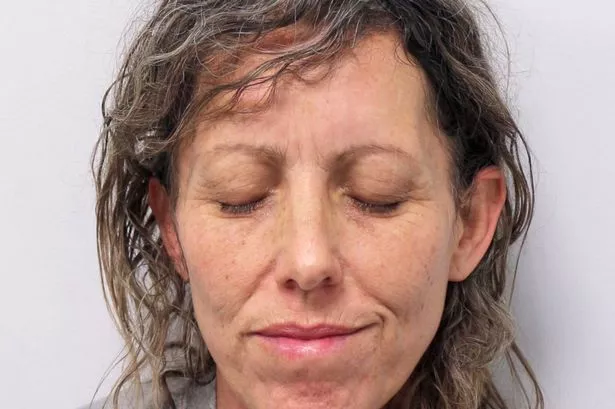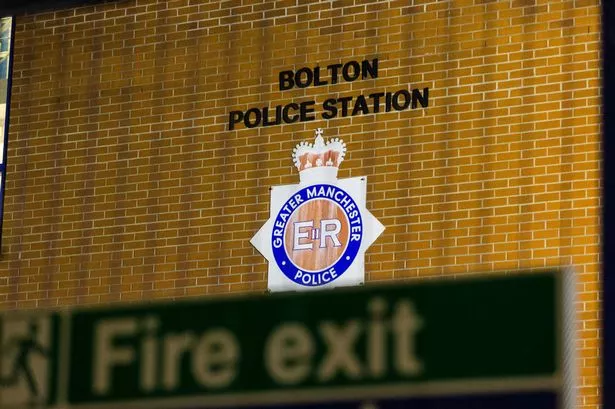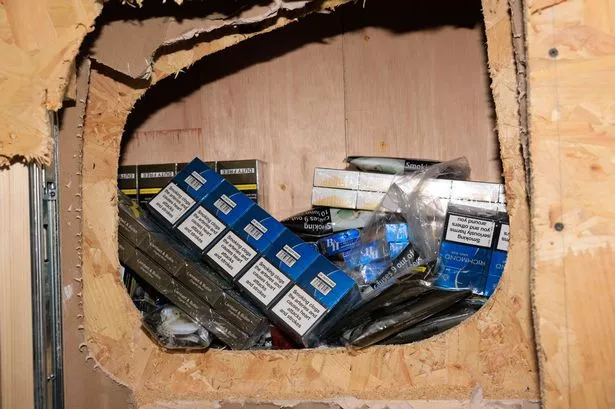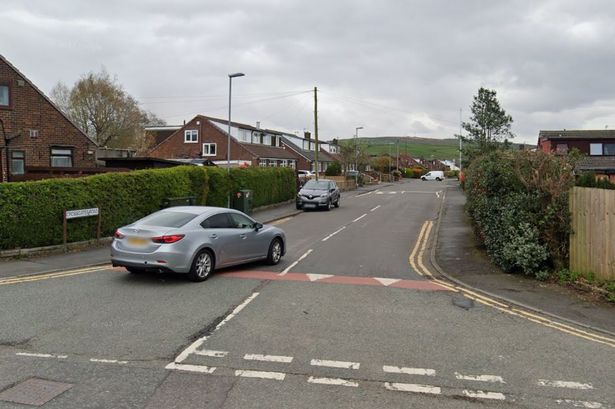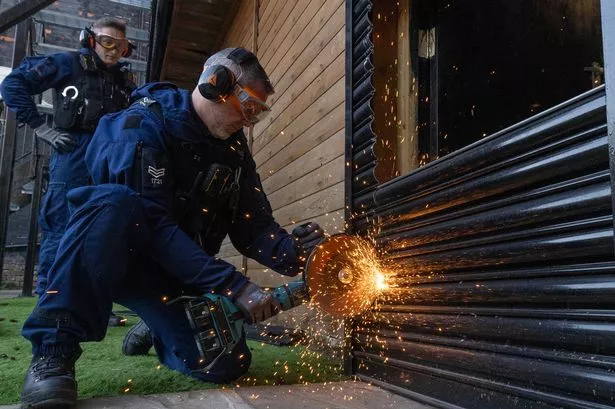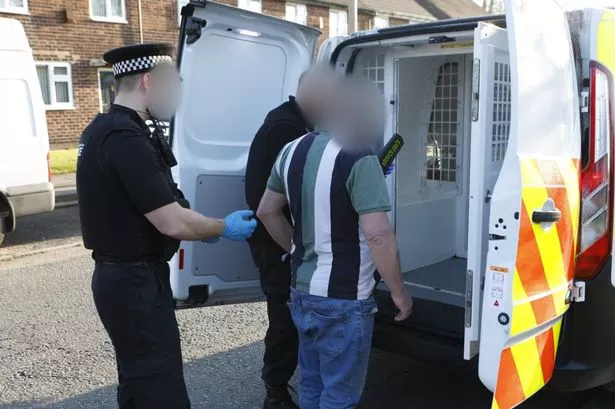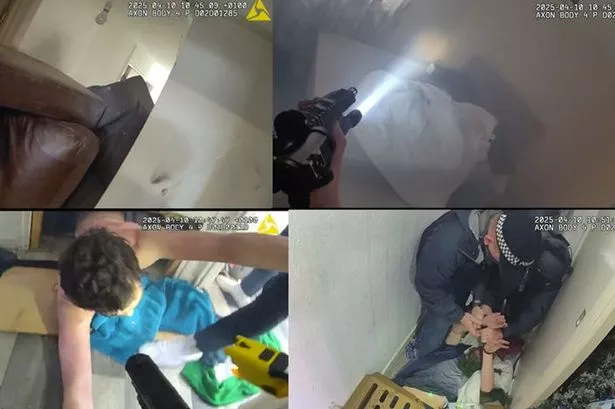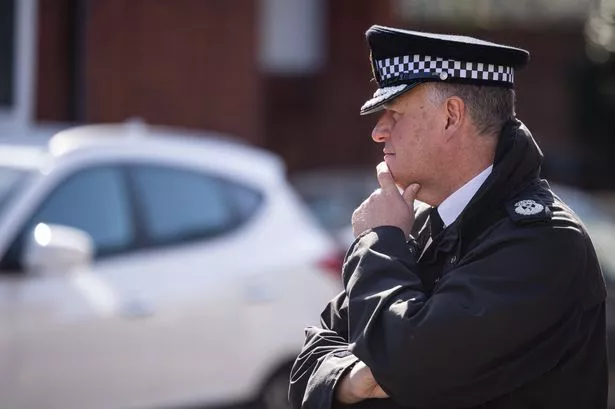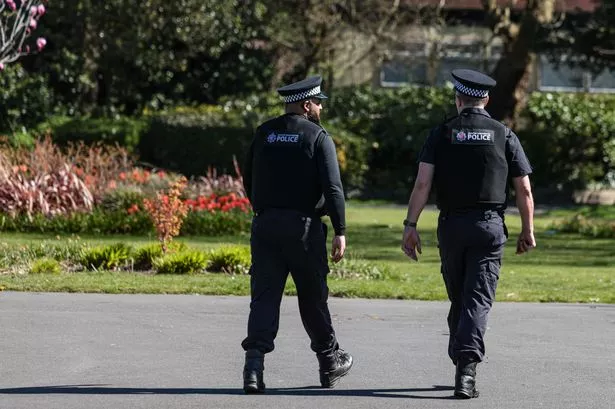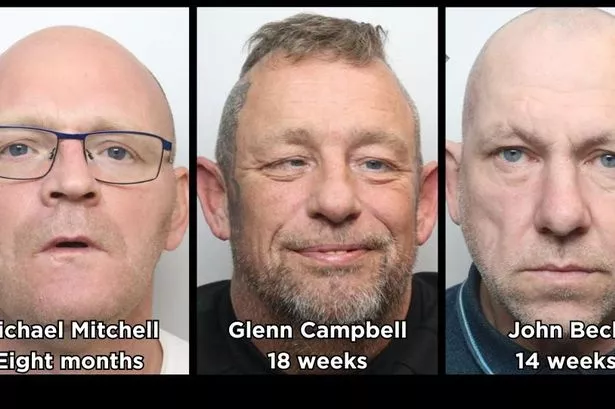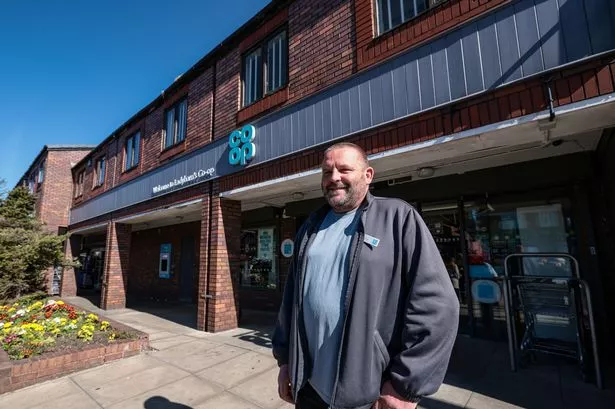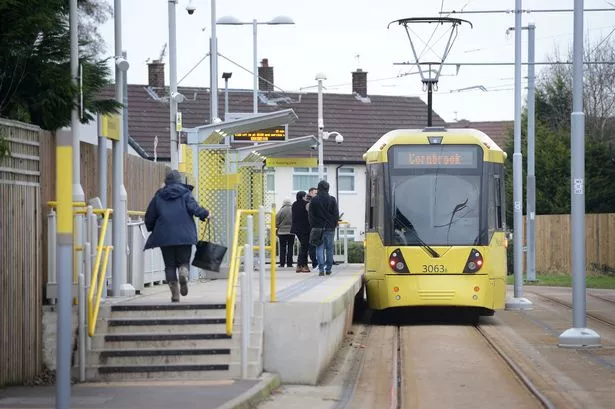Spiking Incident at Strangers Bar - Houses of Parliament
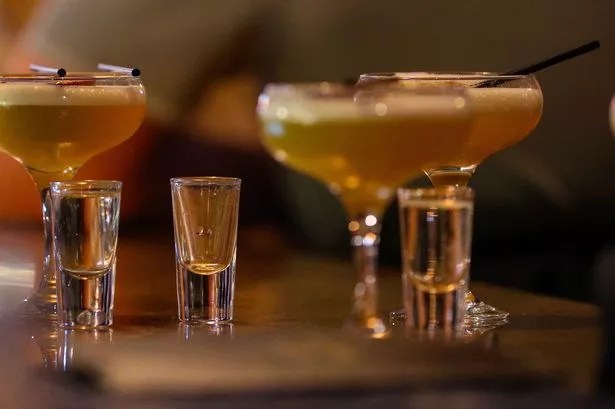
Recent reports have surfaced of a woman allegedly being 'spiked' at Strangers Bar, located within the Houses of Parliament. The incident reportedly took place on Tuesday, January 7, during the first week back after the Christmas recess.
The victim, a parliamentary researcher, informed bar and security staff that her drink had been tampered with. Strangers Bar is known to be frequented by Members of Parliament (MPs), staffers, and journalists. The police are currently conducting an ongoing investigation, and as of now, there have been no arrests made.
Officials from Parliament are taking the allegations seriously. A spokesperson from UK Parliament stated: “We are aware of an incident which took place on the parliamentary estate in early January, which was reported to parliamentary security and is now being investigated by the Metropolitan Police Service.”
A spokesperson from the Metropolitan Police confirmed the report, noting: "Police received reports of an alleged spiking at an establishment in the House of Commons on Tuesday, 7 January, at around 18:30 hrs. The investigation is ongoing, and the victim is being supported by officers."
They added, "There have been no arrests at this stage. We would encourage anyone who believes they have been a victim or witness to spiking, in any form, to contact us on 101, or 999 in emergency. Alternatively, you can contact the independent charity Crimestoppers anonymously on 0800 555 111."
Concerns regarding behavior, drinking, and women's safety at Strangers Bar have been raised in the past. In October, former Conservative MP Aaron Bell faced reprimand for "brazen and drunken" sexual misconduct, after a watchdog concluded that he had "abused his position of power" by touching a woman inappropriately.
Additionally, in May, Conservative peer Lord Kulveer Ranger reportedly harassed and bullied two individuals while intoxicated at Strangers Bar.
The issue of spiking has gained prominence in discussions led by Keir Starmer's government, which has implemented coordinated actions involving police, venues, and the transport network to combat spiking incidents. This includes categorizing spiking as a specific offense and providing training for staff in the night-time economy on recognizing signs of spiking and proper response measures.



